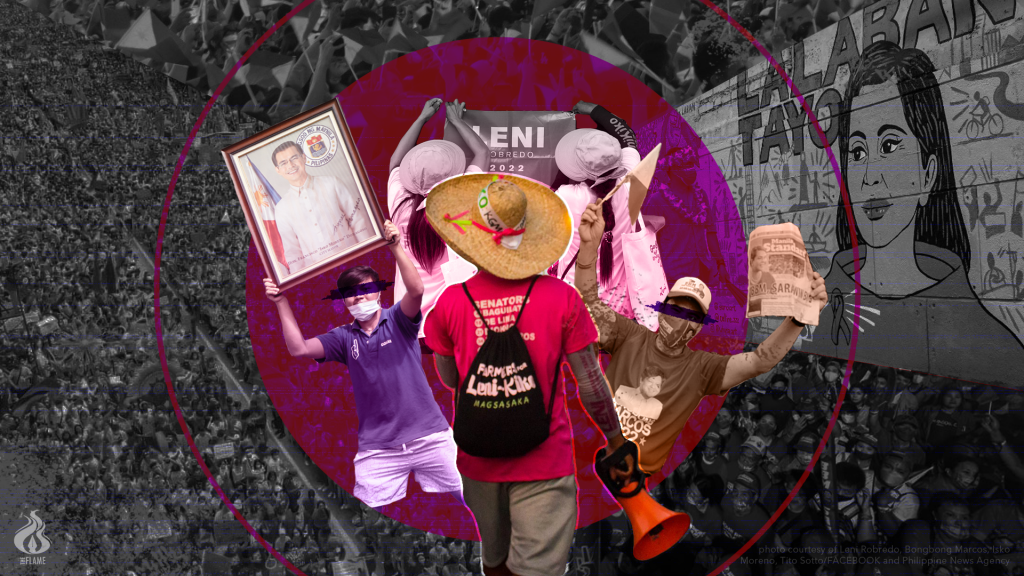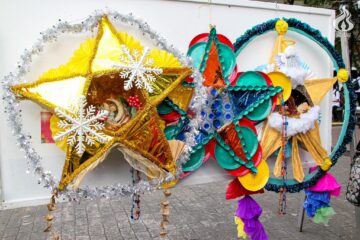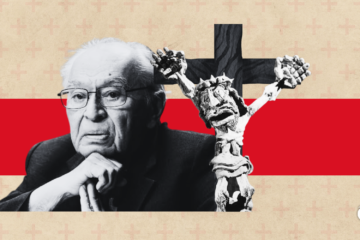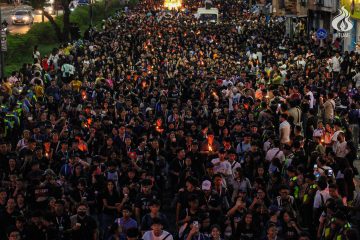
House-to-house campaigns, mural paintings, and collateral distribution under harsh weather are examples of acts done by political volunteers. They go to the streets, carrying a cause with them and standing for what they believe in.
Proven to be a critical sector, the Filipino youth nowadays inspires and enacts their political ideology through the conduct of political volunteerism.
This is the case for Artlets Paulo Manuel and Martin Alcantara who stood on their beliefs and served as volunteers for the campaign period during the recently-held national elections.
What it means to be a political volunteer
Manuel, the president of UST Concilium Philosophiae for Academic Affairs and former volunteer for Chel Diokno, defined a ‘volunteer’ as an individual who “does something in exchange for nothing.”
“By political, specifically, we mean that the volunteerism you are partaking in is about either public affairs or government,” Manuel said.
In Manuel’s experience as a political volunteer, he said that it taught him how to become optimistic about change.
“When you become a political volunteer, you get to see firsthand the impact of your small actions. If my small actions can actually bring about change, what more if these small actions are compounded over time,” he said.
Similarly, Alcantara, the president of Communication Arts Student Association, defined political volunteerism as an act of believing in a cause that guarantees change.
“Being a political volunteer means that you want to fight for something. You want to experience change,” Alcantara said.
He added that being a political volunteer has allowed him to see different walks of life and learn how the people’s perspectives vary.
“I learned to see things from their perspective, from where they came from. I learned why their reasoning was in that way. I learned that in my life,” he said.
A tough battle
Through his volunteerism, Manuel further developed his consciousness for current socio-political issues. Yet, he also experienced the challenges of disseminating the truth in the country.
”People would rather believe bloggers [and] vloggers [from] Facebook, Youtube, and Tiktok over credible journalists,” he said.
Alcantara also noted that the toughest battle for a political volunteer is to combat disinformation, especially as he personally experienced it.
He recounted an experience during a house-to-house campaign where someone is intentionally replacing a candidate’s tarpaulin with another. Acantara took a video of this and posted it on Tiktok that went viral also on various Facebook groups. It was eventually accused of being ‘paid’ by the viewers.
He convinced the household after their request to take down the post. “We visited their house and reassured them that they have our support and that they should not worry,” he said.
‘Not for the faint-hearted’
Manuel noted that “desperate times” are when leaders should take charge. He warned that “volunteering for politics is not for the faint-hearted.”
It is also an absolutely thankless job wherein the names of volunteers and their contributions will barely be recognized, he said.
“Your conscience will always drive you to do the right thing, and in this instance, political volunteerism without anything in exchange,” he said.
Alcantara emphasized that neutrality is never an option.
“We should take our own stand instead of relying forever on those volunteers. If we do not take sides, then we are already validating the oppressors,” Alcantara said.
For these two volunteers, political volunteerism is a step toward change. It is an act of taking charge of the future by means of solidarity for a cause. F – M. Mangubat and P.J. Pascual



